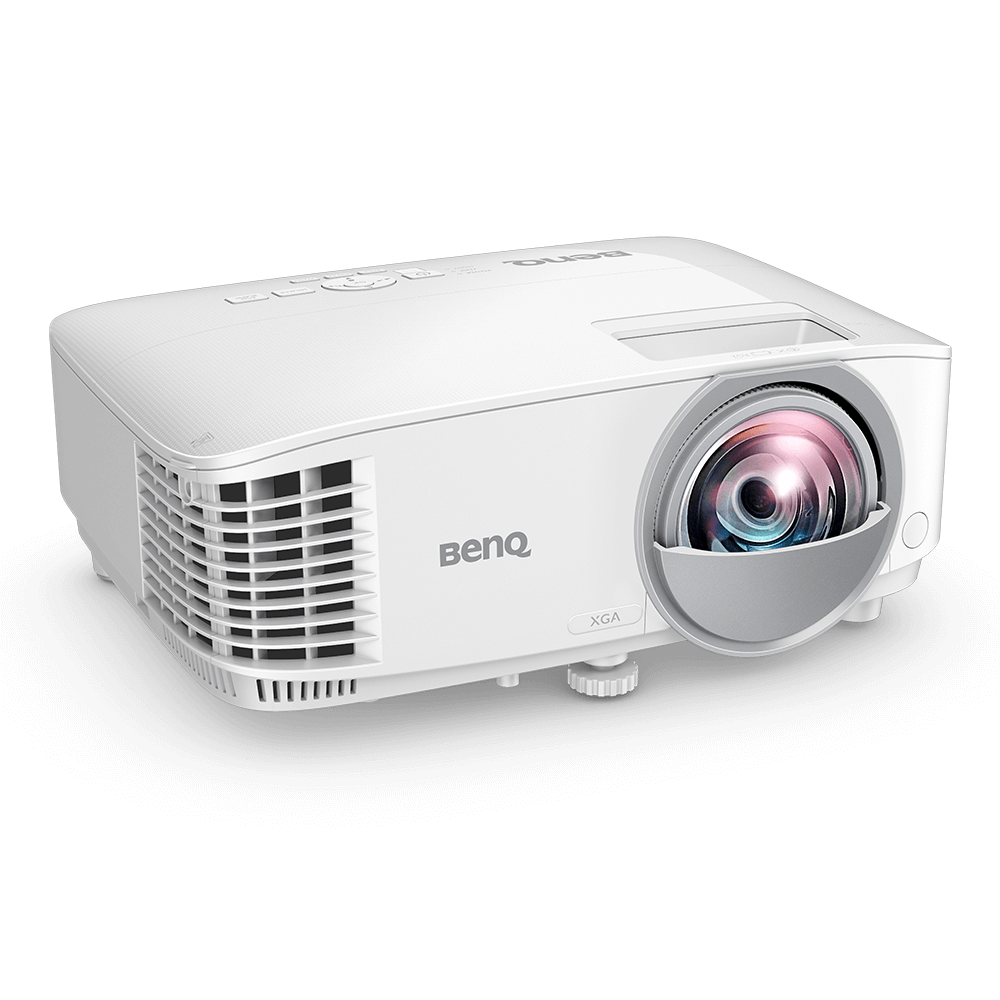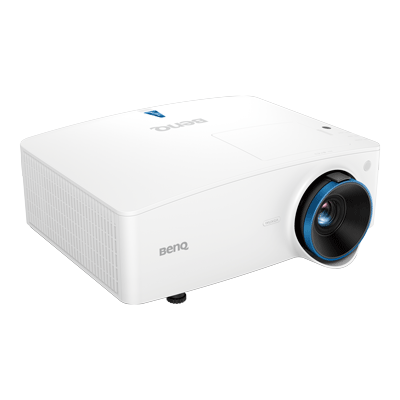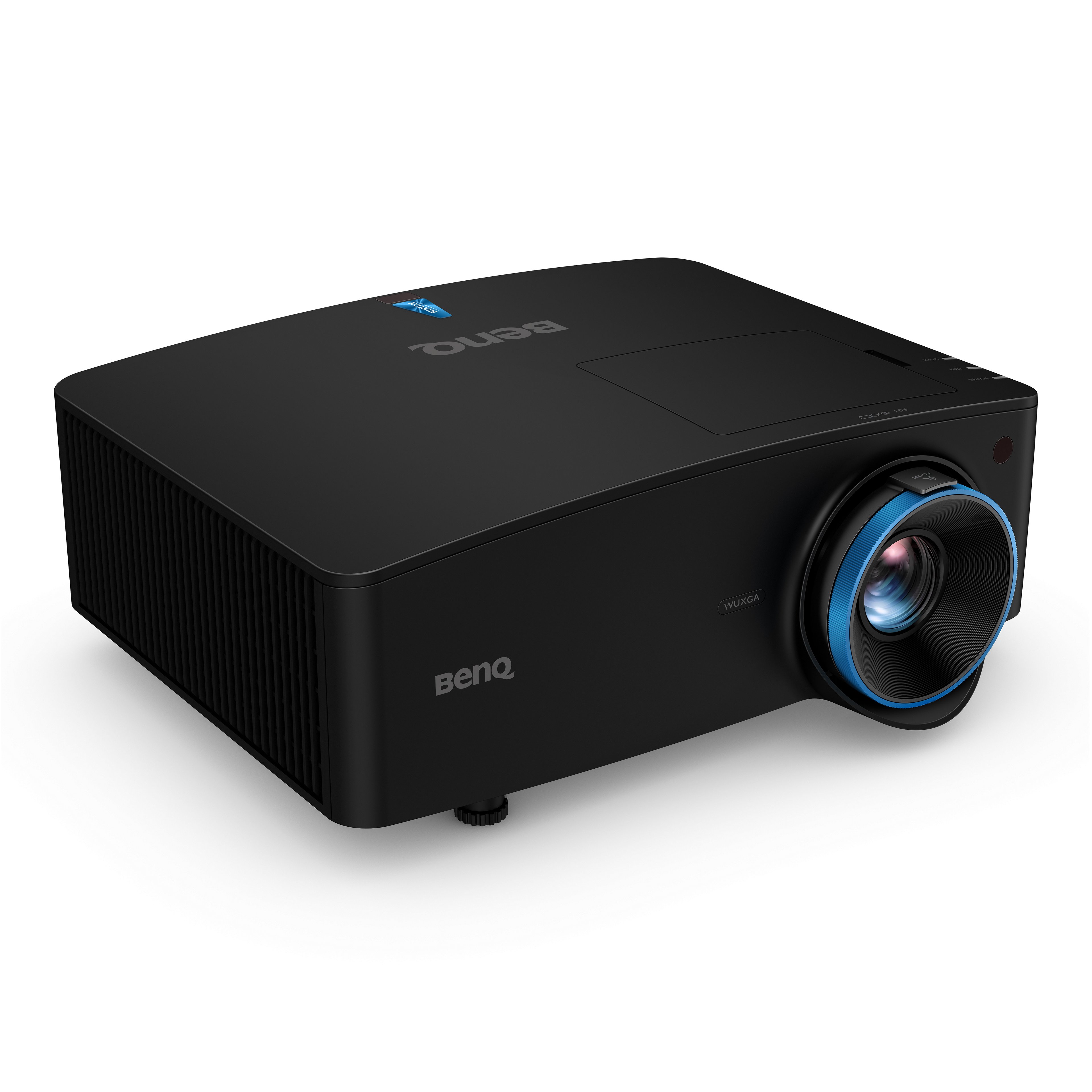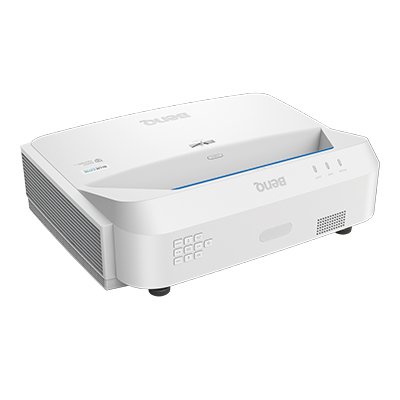5 Ways Interactive Classroom Projectors Enhance the Teaching Experience
- BenQ
- 2018-08-24
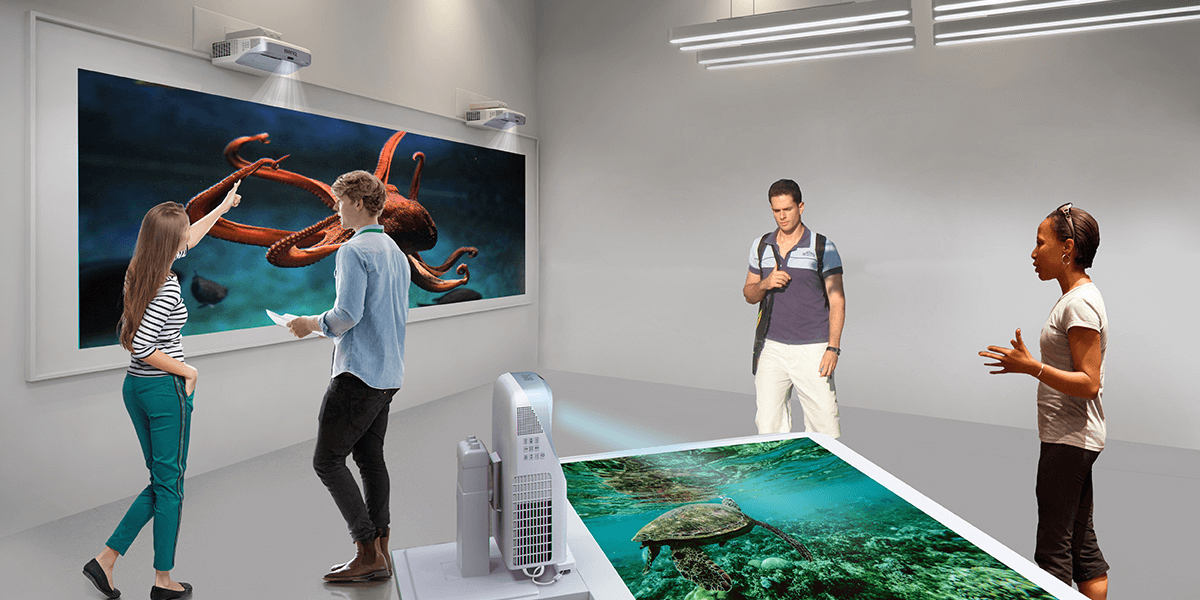

Student enrolment is growing.
The report to the European Commission on new modes of learning and teaching in higher education says,
“Worldwide demand for higher education is expected to grow exponentially from 100 million students currently to 250+ million by 2025, driven by emerging economies like China and India. Even in EU, higher education enrollments continue to increase.”
Would this swelling enrolment dilute student engagement and learning outcomes? To get a sense of this question, let us go to a 'live' university classroom.
What would you expect to see?
A bunch of students sitting quietly, listening to the professor and taking notes.
What if you find students dispersed all over the classroom, animatedly discussing the subject amongst each other, referring to digital displays on the wall and table tops? Amazing isn't it? Imagine what heightened student engagement can do for learning outcomes. Imagine the leverage that becomes available to professors. Welcome to the world of education being transformed by interactive classroom projectors.
To understand the impact of interactive projectors on the teaching learning process, it is important to consider their role in the following:
Teaching pedagogy
1) No more copying notes from the class topper
Note taking is tough. There is always the challenge of what is useful and what is not. In addition to showing presentations and information via an interactive projector, “File Sharing” makes it possible to share notes digitally at the end of the lesson — and when students know you’ve got the broader note-taking covered, they can focus more on listening, and only writing down things that are specifically useful to them. Today's students are able to appreciate this form of ‘efficient’ note-taking. Where such ‘file sharing’ feature does not exist, interactive features in the projector excite students to take better notes.
2) Interactive projection systems boost engagement
Interactive projection systems add another lever to the teaching learning process. While wall projection is preferred, lately tabletop projection is also making its presence felt.
A research paper published by the Department of Cognitive Science, University of California, San Diego indicates that presenting materials on a tabletop display encourages students to attempt problems on their own before looking at answer keys and allows easy assignment repetition. Study results also suggest that even a minimalistic tabletop application can benefit educational activities in a University context, where there is an emphasis on collaborative learning.
Demonstrations given using the tabletop projection method are a good way of keeping all the students engaged. By doing so, everyone gets an equal and clear view of what the teacher is doing on the desk, and encourages them to pay attention.
3) A range of digital mediums
Still using paper worksheets in your classrooms? It's time to make a change!
Using interactive projectors can increase student engagement by allowing them to collectively participate in presentations, games, video content and other group activities all in one session. The different elements of a lesson can be prepared in advance and accessed by simply plugging in a USB directly into the projector.
Moreover, blended learning and BYOD is much easier with a projector. This allows for visual demonstrations of new concepts and also lets students access the information for independent study since it can be made available online. For example, for medical students, 3D visualisation of the human body is much easier to understand through visuals on the screen rather than seeing it on a 2D textbook. It also saves the teacher's time, as it doesn't require them to write everything on the chalkboard like drawing complex diagrams and circuits.
Productivity
4) Classroom productivity
Interactive classroom projectors save professors the trouble of writing notes on the board. This also eliminates distraction for the students from 'empty silent moments' and consequent tendency to speak to, and disturb other students. With an interactive projector, lessons can be planned in advance thanks to already available presentation material. Enthusiastic professors could also involve students as teaching assistants in coordinating such lesson plans thus taking student engagement to a new level.
5) Better for the environment
Studying and referencing from digital content will encourage teachers as well as students to go paper-free and use electronic devices such as their laptops, tablets and even smartphones. This naturally will help the environment by reducing the carbon footprint of classrooms and institutions.
Dust - The ‘Invisible’ Challenge to Learning Outcome
Interactive projectors will fall short in delivering learning impact if they breakdown. In India, erratic power cuts and ‘dust’ are two big reasons for projector breakdown. Did ‘dust’ surprise you?
Yes, ‘dust’ is not only a health hazard, but also a ‘projector breakdown’ hazard.
Such projector breakdowns increase the risk of classroom disruptions thereby compromising student learning outcomes. Dust could compromise the learning gains that could arise from the use of interactive classroom projectors. Education service providers in markets such as India, China, Southeast Asia and Africa would do well to consider dustproof projectors while planning their investments into interactive classroom projectors.
